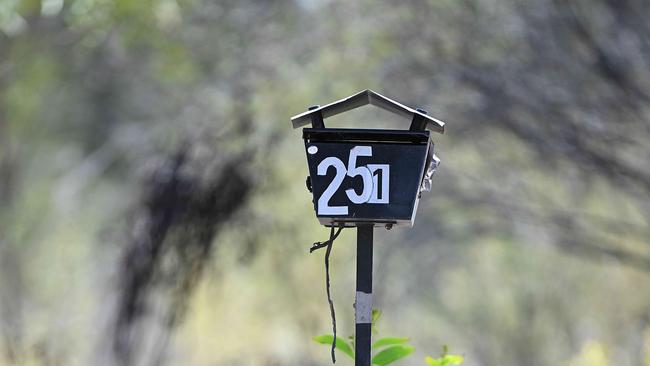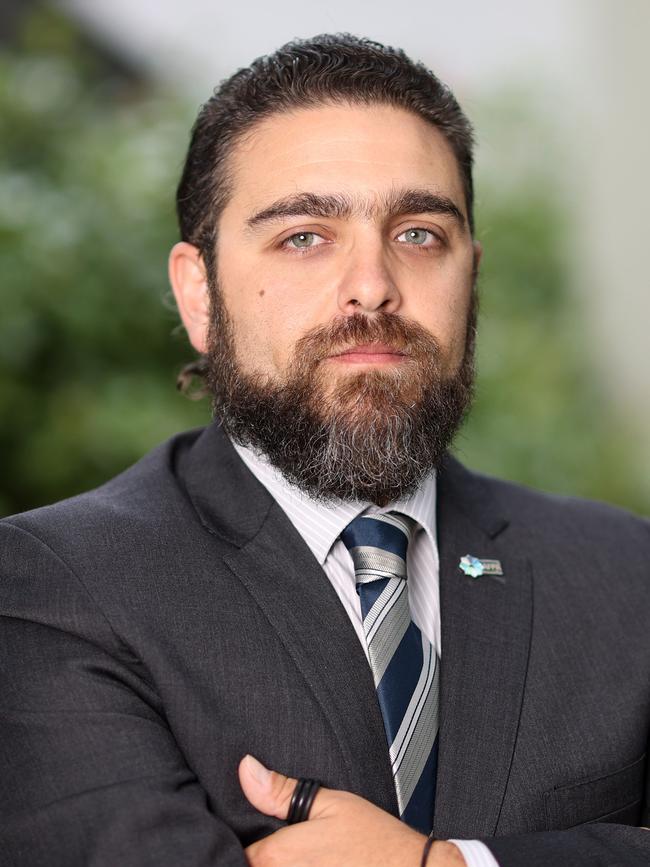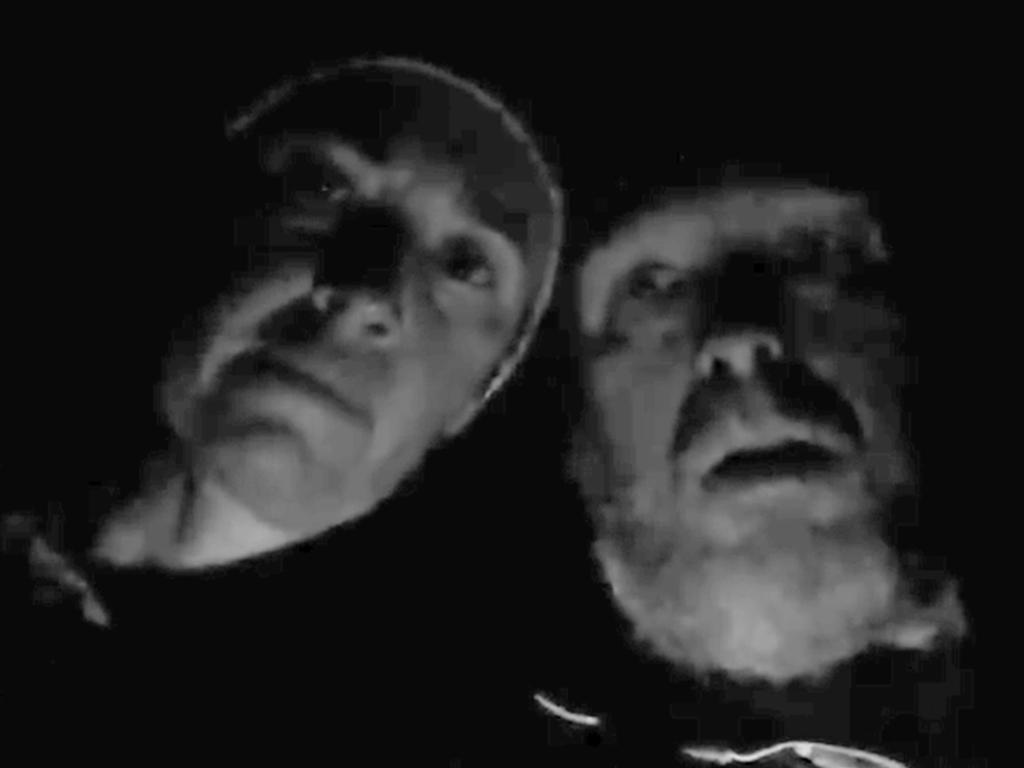National gun register would save lives, police union boss Alex Caruana says
‘Real time’ information would enable police to do a proper risk assessment before entering a property.

Australian Federal Police Association president Alex Caruana has urged all jurisdictions to agree on a uniform approach to firearms legislation, and said a national registry to share information would “100 per cent save lives.’’
Mr Caruana said a national register sharing data about guns and gun owners in real time would make it safer for emergency services personnel to do their jobs.
“It allows police officers and other emergency services personnel to do a proper risk assessment when they’re entering premises, which may mean they would approach a person or an entity or a building differently should they know there are firearms present, therefore potentially saving lives,’’ he said.
Mr Caruana said the states and territories had been unable for decades to agree on how to register firearms, firearm parts and ammunition, and what parts were required to have a serial number.
“There’s been a lot of agreement and a lot of talk about making some progression in terms of a unified or single system but to be frank, it doesn’t look like there’s been any decent foundations set.
“In fact I’m a little bit concerned that some states are going out again alone and creating better firearms systems and better firearm registries for their state – which is a positive thing – but they need to consider … how their databases are going to interact with a single database,’’ he said.

An investigation by The Australian has found the federal government, states and territories are locked in a funding fight over who should pay for a new national firearms registry, a reform agreed by national cabinet after the Wieambilla shooting ambush in December last year when two police officers and a neighbour were murdered. There is also no agreement on how to harmonise firearm laws, or definitions of guns and ammunition.
Shooters Union Australia president Graham Park, whose lobby group represents police officers, security guards, farmers, collectors, target shooters and hunters, said a national register would be pointless if state-based systems were not real-time and digitised.
“Time delays (in state registries) mean the very thing the politicians are claiming – ‘There’ll be instant ability to check across the states’ – is simply not there unless the states have upgraded their own systems,” Mr Park said.
He said he agreed that a working national registry – or at least efficient state registries that co-operated with each other – would be beneficial from a shooters’ perspective.
“If I live in Queensland and I’m hunting or working on rural stuff in NSW, and I get pulled up about something, if the police can instantly check (that my firearms are licensed and legal), it means they’re not going to potentially give me grief,” he said.
While NSW has the country’s most modern weapons licensing system, and more than 95 per cent of work is done online, other states and territories would need to completely rebuild their guns databases to be compatible with a national registry.
Mr Park said governments across Australia spent disproportionate time and resources overregulating licensed, lawful and legitimate firearm-users rather than targeting criminals using guns.
“Less than 5 per cent of firearm-related crime – violent misuse of firearms – is conducted by anyone with a licence or registered gun. That means 95 per cent of people, which is an incredibly high amount, are doing exactly the right thing,’’ he said.
“(There should be) more focus and funding on the criminal misuse of firearms, and the people who facilitate that, but unfortunately both politicians and the media … see guns as the issue, as opposed to illegal (firearms) versus legal.”

Under the model currently being considered, the national firearm registry would allow gun dealers to electronically verify any firearms licence or permit issued anywhere in Australia, regardless of what state the dealer is in.
The new system would also include a national alert notification for suspicious events or high-risk people who are too dangerous to possess firearms, including “alerts for rejected, suspended, or cancelled licences, interstate transfers, detected non-compliance with licence conditions, stolen firearms and ongoing probity checks”.
Gun Control Australia president Tim Quinn said police and public safety should be the first priority, and a national register should first start trying to identify individual guns and the people who were registered as their owners.
“I’d like to see them getting the core licensing in there and tying humans to firearms and (tracking) firearms from cradle to grave, what’s getting imported and what’s getting produced in Australia,’’ he said.
“That stuff needs to be getting in there as fast as possible … so we are prioritising public safety and police safety.
“I think they’re going to have to start somewhere and it’s going to take more than one cycle of government to get something significant that’s a working model.’’




To join the conversation, please log in. Don't have an account? Register
Join the conversation, you are commenting as Logout